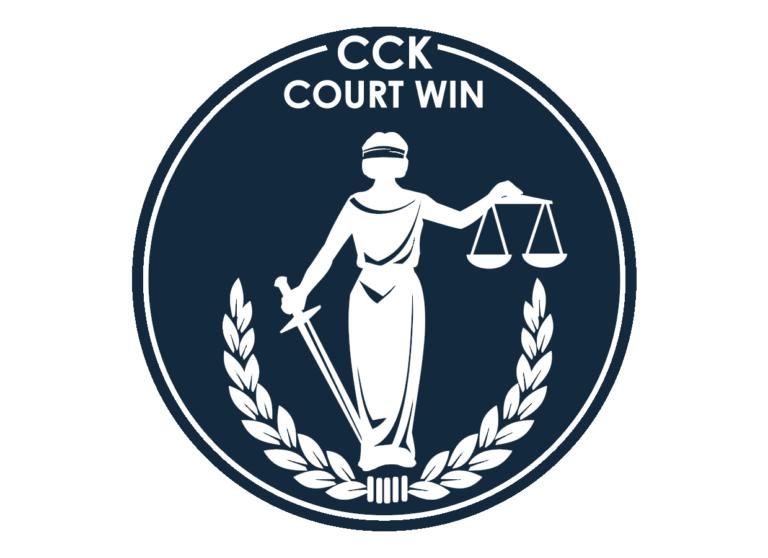CCK Successfully Appeals Board Decision to Deny Reopening Veteran’s Claim for Service Connection for Melanoma

CCK Law: Our Vital Role in Veterans Law
Summary of the Case
The Veteran served in the United States Air Force from January 1958 to September 1987, including service in Thailand. In 2008, the Veteran initially filed a claim for service connection for melanoma as due to herbicide exposure in service. He was subsequently denied service connection by the Regional Office (RO) in May 2008. He did not appeal the RO’s decision. In October 2010, the Veteran filed a claim to reopen his claim for service connection for melanoma. The Veteran testified at a hearing before VA in 2015 that he noticed melanoma on his back during service, but did not pay much attention to it for several years. The Board of Veterans’ Appeals denied his claim to reopen in October 2015 stating that the evidence the Veteran submitted was not new and material.
Board Denies Reopening of Veteran’s Claim for Service Connection for Melanoma
CCK successfully appealed to the Court of Appeals for Veterans Claims (CAVC) the Veteran’s Board decision that denied reopening his claim for service connection for status-post excision of melanoma of middle-to-lower back. The Veteran was originally denied service connection for malignant melanoma as a result of exposure to herbicides in May 2008. The basis of denial was that a presumption of service connection based on exposure to herbicides used in Vietnam is not warranted for any conditions other than those which VA has found a positive association exists between exposure and the subsequent development of certain conditions.
Court Agrees with CCK’s Argument and Remands Veteran’s Claim
CCK argued, and the Court agreed, that the Board failed to provide adequate reasons or bases when it determined that new and material evidence had not been submitted to reopen a claim for entitlement to service connection for residuals of a melanoma of the low back. In its decision, the Board stated that the statements that the Veteran submitted were “cumulative of statements made previously” and were not considered new and material. The Court found that the Board did not address the Veteran’s testimony regarding noticing his melanoma in service, as it has a duty to do so. The Court vacated the Board’s decision and remanded the case back to the Board for further adjudication.
About the Author
Share this Post
